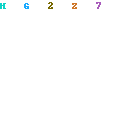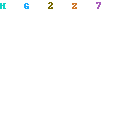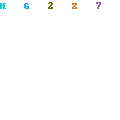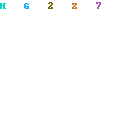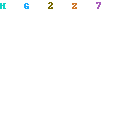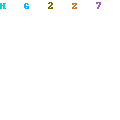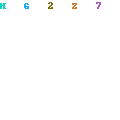0
comments
Before opening student accounts, it is expedient to define what the account is all about. A student account is a special account for students in higher institutions, that is, colleges, universities, nursing school, etc. this account allow students to pay money in and out. It also comes with some additional benefits that are not applicable to other types of account such as free overdraft.
With student bank account, you can get a debit card to make purchase from shops and even online stores without having to pay in cash. This account allows you to get overdraft from the company with little or no charges. An overdraft facility offers you the opportunity of spending more than you actually have in your account, although, there is a limit to the amount you can withdraw as overdraft. This overdraft usually comes with free interest rate through the time of being in school.
You have to bear in mind that banks are not Santa Claus; therefore, whatever you borrow from them during your academic sessions will be paid back in full. As a result of this, you must put a check on yourself in regard to overdraft. In most cases, when you stay within the limit of the agreed overdraft maximum, you would not be required to pay any interest fee. But if you go beyond the agreed sum, you might have to pay through your nose because the interest rate is usually big as penalty. You can be asked to pay up to thirty pounds as interest on every of your transaction.
Hence, you have to put all the cost implication into consideration before going beyond your limit. Before you can open the student accounts, you would need to provide some document to prove that you are indeed who you said you are. the documents needed to open the account include birth certificate, passport and visa (for international students), driving license, current UK photo card and UCAS confirmation letter with a conditional or unconditional offer from your school. Like earlier mentioned, banks are not there to give you free money. They know you can become their loyal customer for life if you are treated well. And as a result of this, they can go to any extent to ensure they satisfy you during your school days. You have to be cautious however not to get too attached to the freebies you get from the bank because it can land you in deep waters if you are not careful.


